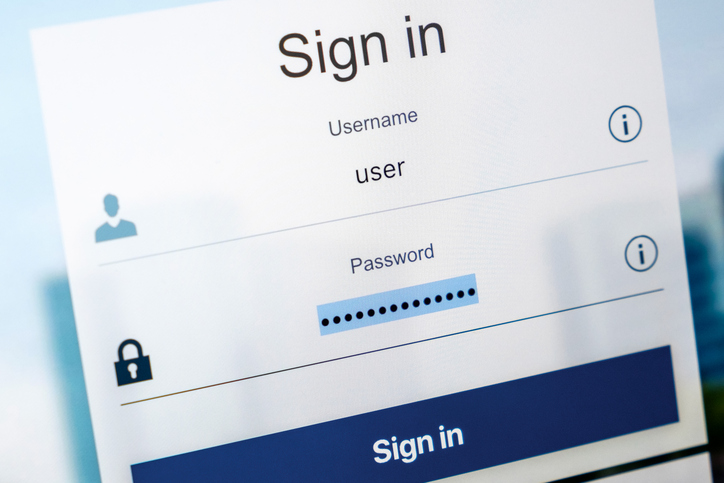Walking Back Spokeo: Does the 11th Circuit Make Data Breach Standing Even Easier?
In the context of data-breach litigation, Article III standing has historically been a hurdle for the plaintiffs’ bar. This “standing hurdle” is more than just an oxymoronic phrase. And after the Supreme Court’s decision in Spokeo, Inc. v. Robins, 136 S. Ct. 1540 (2016), many believed that would be data-breach plaintiffs would find it even more difficult to establish Article III standing. Under Spokeo, the data breach plaintiffs are required to show an “injury-in-fact” that is “concrete and particularized” and “actual or imminent, not…
Continue Reading




